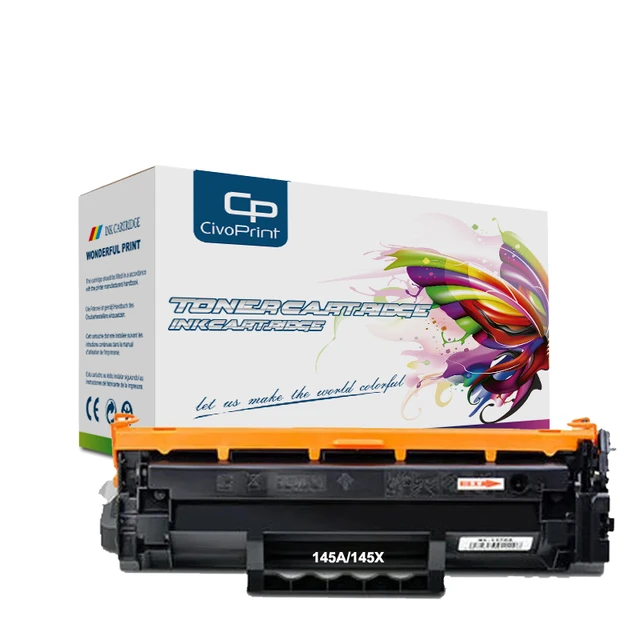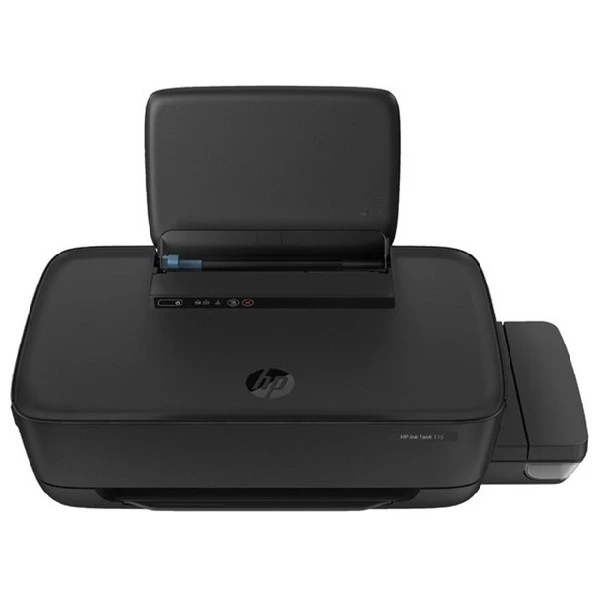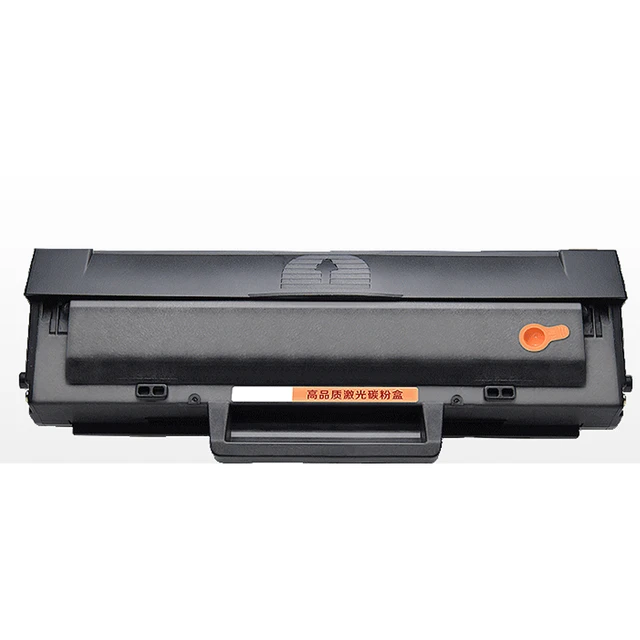When you invest in an HP printer, understanding the warranty details can save you time and money in case something goes wrong. Knowing the extent of coverage, the process for filing claims, and what types of issues are covered can improve your overall experience with your printer. This comprehensive guide delves into everything you need to know about HP printer warranty, from types of warranties and registration processes to what to do when an issue arises.
Types of Warranties
HP offers various types of warranties to suit different needs and printer models.
Standard warranty
Most HP printers come with a standard one-year limited warranty. This covers hardware defects and includes support for troubleshooting printer-related issues. The standard warranty typically provides repair or replacement services.
Extended warranty
For additional protection, HP offers extended warranties that can be purchased separately. These extended warranties can cover the printer for up to three years and offer more comprehensive service options, including expedited repairs and on-site servicing.
Renewable plans
HP’s Care Pack services also offer renewable warranties. You can renew your warranty annually to keep your printer protected beyond the initial or extended warranty period. This provides ongoing peace of mind and continuous support.
 Registration Process
Registration Process
Registering your printer ensures you can take full advantage of your warranty benefits.
Online registration
To register your HP printer, visit HP’s official website and navigate to the product registration page. You will need the printer’s serial number and proof of purchase. Follow the on-screen instructions to complete the registration process.
Phone registration
You can also register your printer by calling HP customer service. Have your printer’s serial number and proof of purchase ready. The customer service representative will guide you through the registration process.
Benefits of registration
Registering your printer activates your warranty and ensures you receive timely reminders for warranty renewals. It also makes the claim process quicker and more efficient in case of any issues.
Coverage Details
Understanding what is covered by your HP printer warranty can help you take appropriate actions.
Hardware defects
The warranty typically covers defects in materials and workmanship. Issues like malfunctioning printheads, defective power cords, or faulty components fall under this category. HP will repair or replace the defective parts at no extra cost to you.
Software support
HP warranty includes limited software support, primarily to help you set up your printer, install drivers, and troubleshoot common software issues. However, it may not cover complex networking issues or third-party software problems.
Excluded damages
Cosmetic damages, damages due to misuse, or issues resulting from unauthorized modifications are generally not covered by the warranty. Any damages that occur due to natural disasters like floods or earthquakes also fall outside the coverage.
How to File a Warranty Claim
Filing a warranty claim is a straightforward process but requires some preparation.
Initial troubleshooting
Before filing a claim, perform basic troubleshooting steps like restarting your printer, checking connections, and updating drivers. HP’s website offers troubleshooting guides that can help solve common problems.
Contacting customer support
If troubleshooting doesn’t resolve the issue, contact HP customer support via phone or online chat. Provide your printer’s serial number, a detailed description of the problem, and the steps you’ve already taken to resolve it. The support team may guide you through additional troubleshooting steps.
Claim assessment
Once the issue is verified to be a warranty-covered problem, the support team will create a case for your warranty claim. You may be instructed to send your printer in for repair or receive a replacement unit, depending on the severity of the issue.
Replacement and Repair Services
Understanding the repair and replacement process ensures you know what to expect.
Mail-in repairs
For many hardware issues, HP might ask you to send your printer to an authorized service center. They usually provide a prepaid shipping label to cover the cost. The repair process typically takes 5-10 business days, depending on the issue.
On-site repairs
Some warranties include on-site repair services. A technician will visit your location to diagnose and fix the problem, minimizing downtime and offering the convenience of not having to ship your printer.
Replacement units
In cases where repairs are not feasible, HP may provide a replacement unit. The replacement could be a refurbished printer but will be equivalent in performance and functionality to your original unit.
Tips for Extending Your Printer’s Life
Maximizing the lifespan of your printer can reduce the need for frequent repairs.
Regular maintenance
Regularly clean the printhead, rollers, and other key components to ensure optimal performance. Using a dry cloth and appropriate cleaning solutions can prevent buildup and obstructions.
Proper usage
Always use the recommended paper types and ink cartridges. Overloading the paper tray or using incompatible cartridges can cause jams and other issues.
Firmware updates
Keep your printer’s firmware updated to benefit from the latest features and security patches. Firmware updates can also resolve bugs and improve performance.
Renewing Your Warranty
Renewing your warranty offers extended protection and peace of mind.
When to renew
It’s best to renew your warranty before the existing one expires. HP usually sends reminders about warranty renewal options. Check your printer’s warranty status online to ensure you renew in time.
Renewal options
HP offers various renewal plans ranging from one to three years. Choose a plan that best suits your needs and budget. Extended plans often include additional benefits like faster repair services and priority customer support.
Cost considerations
While renewing your warranty incurs an additional cost, it can be more economical than paying for repairs out of pocket. Evaluate the renewal cost against potential repair or replacement expenses to make an informed decision.
Customer Testimonials
Listening to others’ experiences can provide valuable insights.
Positive feedback
Many users appreciate HP’s prompt and efficient repair services, highlighting the convenience of on-site repairs and the quality of customer support. Positive testimonials often mention the reliability and performance of the replacement units received under warranty.
Common complaints
Some users have faced delays in receiving replacement units or repairs. Being aware of these potential delays can set realistic expectations and encourage proactive communication with HP support.
Troubleshooting Tips
Basic troubleshooting steps can sometimes resolve issues without needing a warranty claim.
Restarting the printer
Often, minor issues can be resolved by simply turning off the printer, waiting a few seconds, and then turning it back on. This can reset the device and clear temporary glitches.
Checking connections
Ensure all cables are securely connected, and there are no loose or disconnected wires. If using a wireless connection, make sure the printer is connected to the correct network.
Software updates
Outdated drivers can cause various issues. Check HP’s website for the latest drivers and firmware updates for your printer model. Keeping your software up-to-date can solve compatibility issues and improve performance.
Eco-Friendly Practices
Adopting eco-friendly practices can benefit both the environment and your printer’s longevity.
Recycling cartridges
Properly dispose of used ink cartridges by recycling them through HP’s Planet Partners program. This reduces environmental impact and promotes sustainable practices.
Energy-saving settings
Activate your printer’s energy-saving mode to minimize power consumption when not in use. Making small adjustments can contribute significantly to reducing your carbon footprint.
Paper usage
Optimize paper usage by printing double-sided whenever possible. Using recycled paper and setting your printer to draft mode for non-essential prints can also help conserve resources.
Understanding Warranty Limitations
Knowing the limitations of your warranty can prevent misunderstandings and ensure smooth claims.
Third-party products
Issues arising from the use of non-HP ink or toner cartridges may not be covered under the warranty. Stick to original HP products to ensure coverage and optimal performance.
Any modifications or repairs not performed by an authorized HP service provider can void your warranty. Always seek professional help for repairs and upgrades.
Normal wear and tear
The warranty does not cover normal wear and tear of parts. Components like rollers and belts may wear out over time and require replacement at your expense.
Proactive Care and Best Practices
Taking proactive measures can enhance your printer’s performance and longevity.
Regular updates
Stay updated with the latest firmware and software releases from HP to ensure your printer operates efficiently and securely. Regular updates can enhance performance and introduce new features.
Proper environment
Place your printer in a cool, dry location away from direct sunlight. Excessive heat and humidity can damage internal components and affect performance.
Scheduled maintenance
Consider scheduling regular maintenance checks with an authorized HP service provider. Proactive inspections can identify potential issues before they escalate into major problems.
Conclusion: Ensuring Long-Term Printer Performance
Understanding HP printer warranty details, from types and coverage to filing claims and renewal processes, is essential for ensuring long-term performance and protection. Registering your printer, performing regular maintenance, and adhering to best practices can extend your printer’s life and enhance its reliability. By following the tips and insights provided in this guide, you can make the most of your HP printer warranty and enjoy hassle-free printing experiences. Engage with customer support and stay proactive in care and maintenance to ensure that your printer continues to serve you efficiently for years to come.


